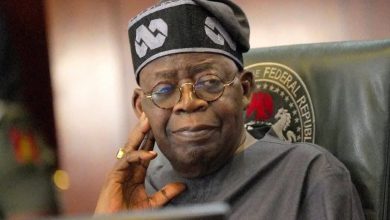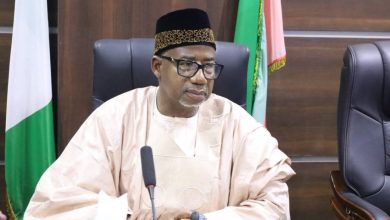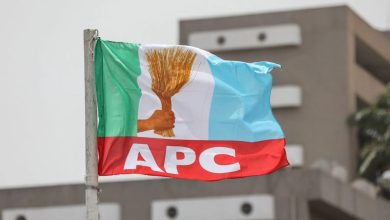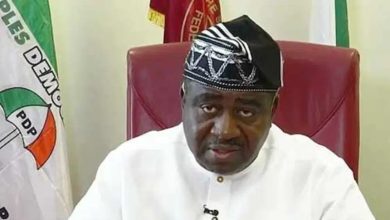National Assembly Considers November 2026 for 2027 General Elections
Nigeria’s lawmakers are considering a plan to hold the 2027 general elections in November 2026 instead of February.
The proposed Electoral Act amendment seeks to settle all election disputes before the May 2027 handover.
The National Assembly is proposing to move Nigeria’s next general elections to November 2026, about six months earlier than the usual February schedule.
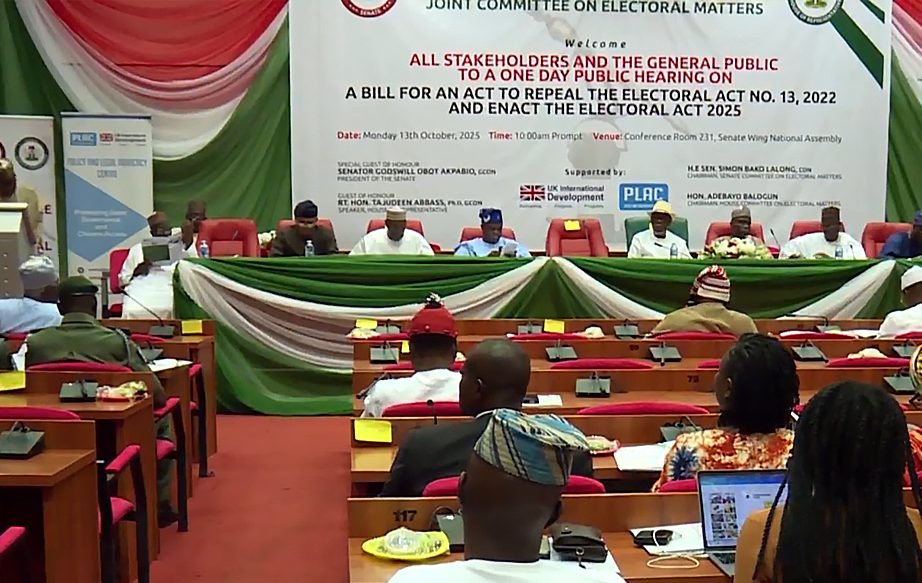
The proposal is contained in the Electoral Act (Amendment) Bill 2025, which was presented on Monday during a joint public hearing by the Senate and House Committees on Electoral Matters in Abuja. The bill seeks to repeal the 2022 Electoral Act and replace it with a new version aimed at improving the electoral process.
According to the draft amendment, presidential and governorship elections would hold “not later than 185 days before the expiration of the term of office of the last holder of the office.” The aim is to ensure that all court cases arising from the elections are settled before the May 29, 2027 handover date.
Lawmakers at the hearing noted that while the change could help prevent post-election legal delays, it must be matched with reforms in the judiciary to handle the heavy volume of electoral cases. The joint committee also questioned what would happen “if a rerun is ordered by the Supreme Court at the end of 185 days,” urging the need for clear judicial timelines.
If the proposal is approved, Nigeria’s presidential and governorship elections would be held in November 2026, making it the earliest general election in the country’s recent history.
Other major reforms in the proposed law include inmate voting, early voting for Nigerians in the diaspora, mandatory use of the National Identification Number (NIN) for voter registration, and compulsory electronic transmission of results.
PVC may be replaced by digital voter card
The bill also suggests that the Permanent Voter Card (PVC) may no longer be compulsory. It explained that the Bimodal Voter Accreditation System (BVAS) does not rely on the PVC microchip, and that voters could instead “download and print their voter’s card whenever the need arises.”
Lawmakers said this would help stop the buying and selling of PVCs and make voter verification fully digital. The change affects Sections 18 and 47 of the current Electoral Act and removes Section 22.
Political parties to submit candidates earlier
The amendment also proposes that political parties submit their list of candidates at least 210 days before the election date. Only those who emerge from valid party primaries would be accepted by the electoral commission.
Another clause allows candidates from other political parties to challenge the nomination process of rival parties, while pre-election cases would be restricted to the Federal High Court in Abuja or in the area where the cause of action occurred.
Lawmakers are also considering a separate constitutional amendment to transfer the power to set election timelines from the Constitution to the Electoral Act. They said this would make it easier to adjust future election schedules without needing a constitutional review.
Both the Senate President and the Speaker of the House of Representatives, who were represented at the hearing, pledged that the process would be transparent and accountable.
For the proposal to take effect, both chambers of the National Assembly must pass the Electoral Act (Amendment) Bill 2025 before sending it to President Bola Tinubu for assent. Once signed into law, the Independent National Electoral Commission (INEC) will update its timetable in line with the new schedule.
